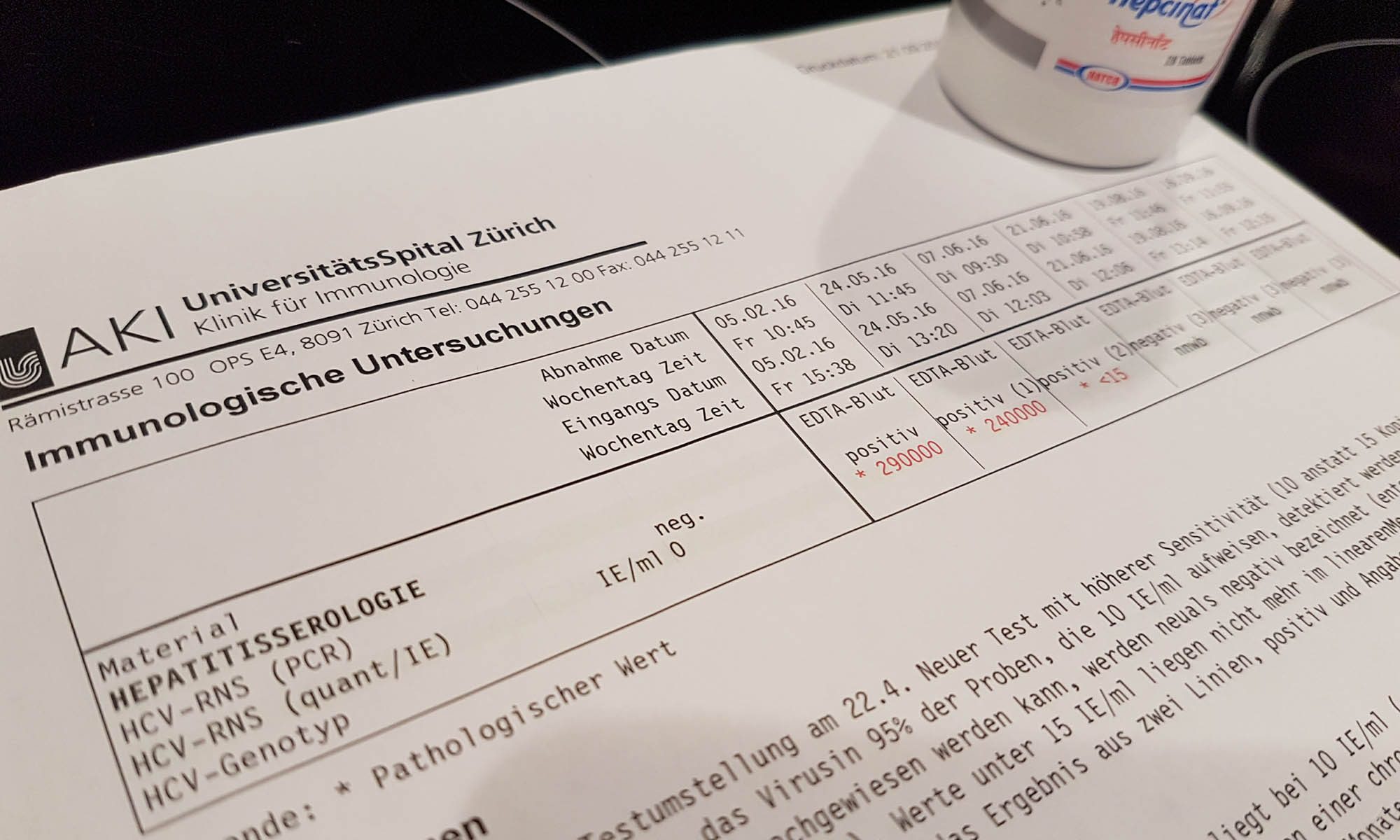The rationing of hepatitis C drugs laid down by the Federal Office of Public Health (FOPH) about three years ago will be abolished as of 1 October 2017. For the first time, all patients can be treated regardless of the type of virus and disease progression.
The rationing of Gilead’s hepatitis C medicines will also be discontinued on October 1,2017. Harvoni and Epclusa can thus be prescribed to all hepatitis C patients for the first time, regardless of liver damage. This was after the rationing had already been abolished for Zepatier on July 1 and for Viekirax/Exviera on August 1 for all those affected with genotypes 1 or 4.
The abolition of rationing was accompanied by substantial price reductions, which are now also expected for Gilead products. Since Gilead’s Epclusa can be used for all 6 genotypes, all hepatitis C patients, regardless of their stage of development, can be treated and cured with a very high probability from October 1. This is excellent news for affected patients and represents an important step towards the elimination of hepatitis C in Switzerland.
This concludes a sad chapter in the history of the Swiss healthcare system. For years, leading representatives of the FOPH have claimed that it makes no sense to treat “healthy people”. As a result, thousands of people with hepatitis C were left untreated and continued to suffer from the symptoms of their disease for years. We welcome the latest developments and are extremely pleased with the change of heart in the FOPH. With the abolition of rationing, the core requirement of the SHCA patient organisation and the Positive Council, the “treatment of all HCV patients”, has finally been fulfilled.
This is the demand we have made since our petition to Federal Councillor Berset in July 2015.
The FOPH will boast of having achieved price reductions. This confirms our accusation that the Federal Office fought a price war on the back of the patients for years. This is ethically untenable and we warn against pursuing the same strategy for other life-threatening diseases. Under no circumstances should those affected be the victims of such price wars. We demand that our Parliament develops the necessary instruments to enable the Federal Office to conduct future price negotiations more constructively and transparently.
We would like to thank the experts of the Swiss Hepatitis Strategy, who have worked tirelessly with us to promote the well-being of those affected, and we regard the case of the limitation as a joint success for civil society.
We would also like to thank the industry, whose medicines have cured us and hopefully will now enable many other hepatitis C patients to lead a new life. Their willingness to compromise in the negotiations with the FOPH made it possible to abolish rationing.

